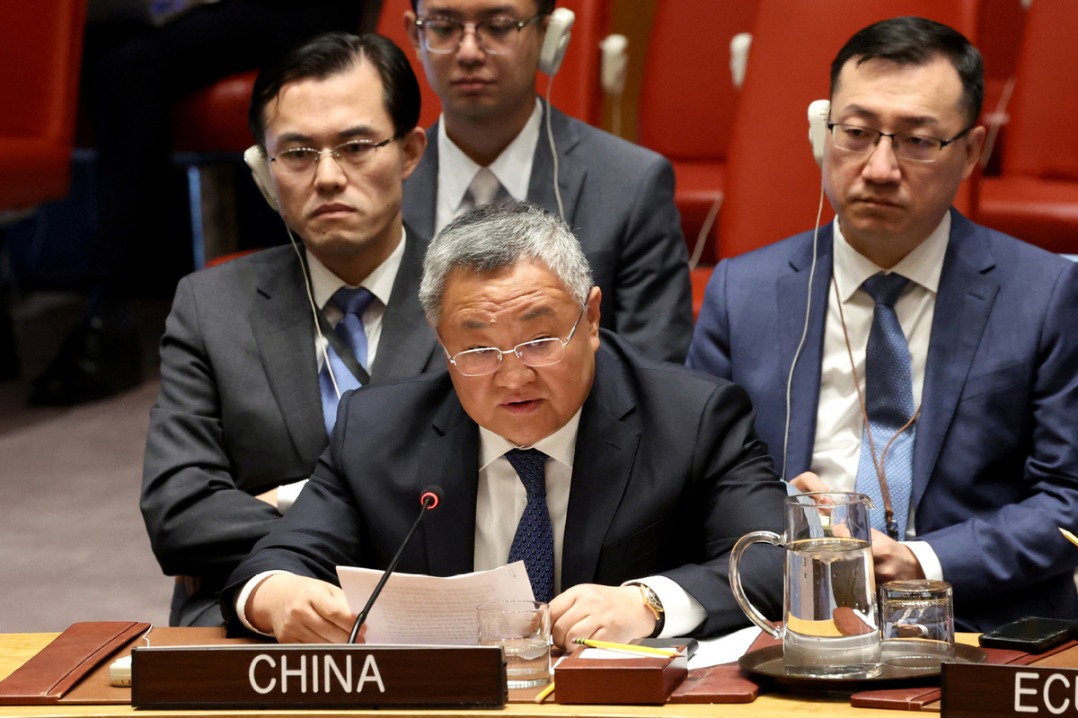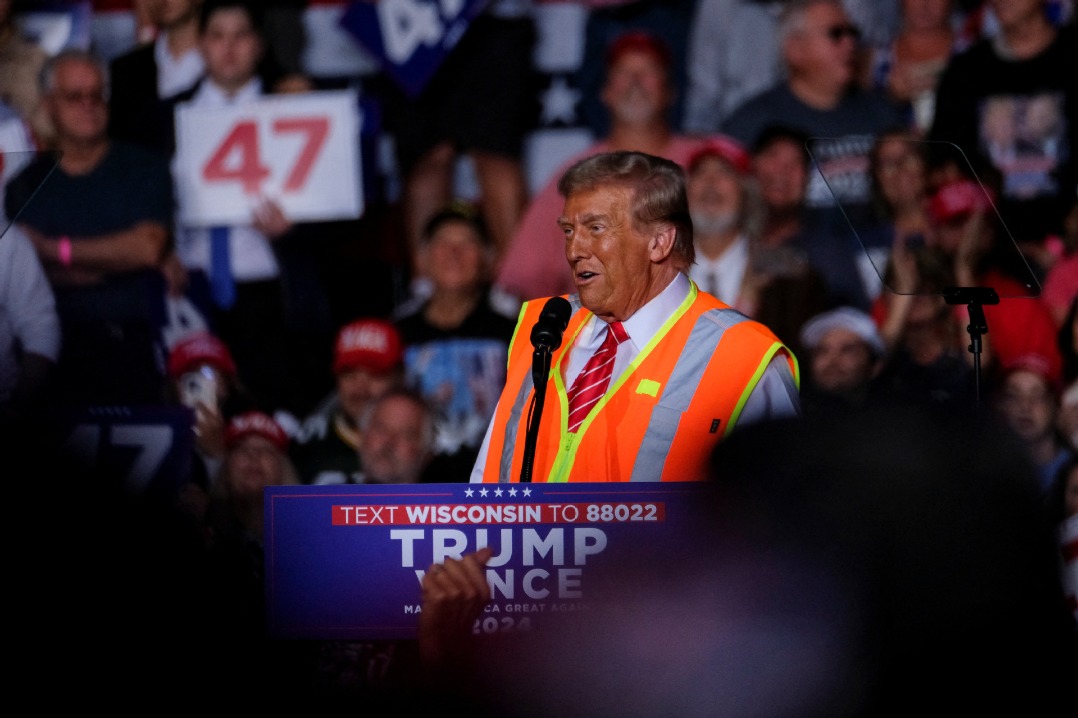Malaysia's nonaligned stance hailed


Malaysia is emerging as a champion of a multipolar global order, opting to remain nonaligned as it contends with the changing geopolitical situation, analysts said.
While the United States remains one of Malaysia's biggest investors, Southeast Asia's third-biggest economy also "understands the limits and dangers of relying too heavily on the West".
Prime Minister Anwar Ibrahim, who has been in power for nearly two years, has criticized the US and its allies over the prolonged conflict in the Gaza Strip, denounced "China-phobia", and rejected external interference in settling the disputes over the South China Sea. In July, Anwar sent an application to Russia, the current chair of BRICS, to join the group of emerging economies.
Awang Azman Awang Pawi, associate professor at the Academy of Malay Studies in the University of Malaya, said the government seeks to position Malaysia as a neutral and nonaligned state, to help it navigate the tensions between the US and China. He said this approach also supports Malaysia's economic interests, as the country can be marketed as a politically stable and neutral location to potential investors.
Malaysia has long been a proponent of nonalignment, having been a member of the Non-Aligned Movement since 1970. It established diplomatic relations with China in 1974 at the height of the Cold War.
Awang Azman said Anwar's stance is a continuation of Malaysia's nonaligned foreign policy but this time with "stronger leanings toward China, reflecting a shift from previous governments that maintained closer ties with Western powers".
Julia Roknifard, assistant professor at the School of Politics, History and International Relations, University of Nottingham Malaysia, said Malaysia sees the rise of a multipolar world as an opportunity, not a threat.
She said Malaysia's interest in joining BRICS signifies the country's refusal to be dragged into the "negative geopolitical adventurism of the West that tilts increasingly belligerent against countries such as Russia and China".
Roknifard said Malaysia also understands where its economic interests lie, as China has been its biggest trading partner for the last 15 years.
"Malaysia understands the limits and dangers of relying too heavily on the West."
Roknifard said the US pressure against Malaysia's stance on the Israel-Palestine conflict and its refusal to adhere to US sanctions against Iran and Russia is further pushing Malaysia to diversify its foreign policy. On the other hand, Malaysia has a positive view of China's mediation efforts in the Middle East, she noted.
Anwar's foreign policy also resonates with the local populace. According to The State of Southeast Asia survey published in April by the ISEAS-Yusof Ishak Institute, more than 80 percent of Malaysians polled ranked the Israel-Palestine conflict as their top geopolitical concern and nearly 60 percent of the respondents supported their government's stance.
More than 66 percent of Malaysian respondents perceived China as the most influential economic power in Southeast Asia and over 75 percent considered China as the preferred alignment choice.

































